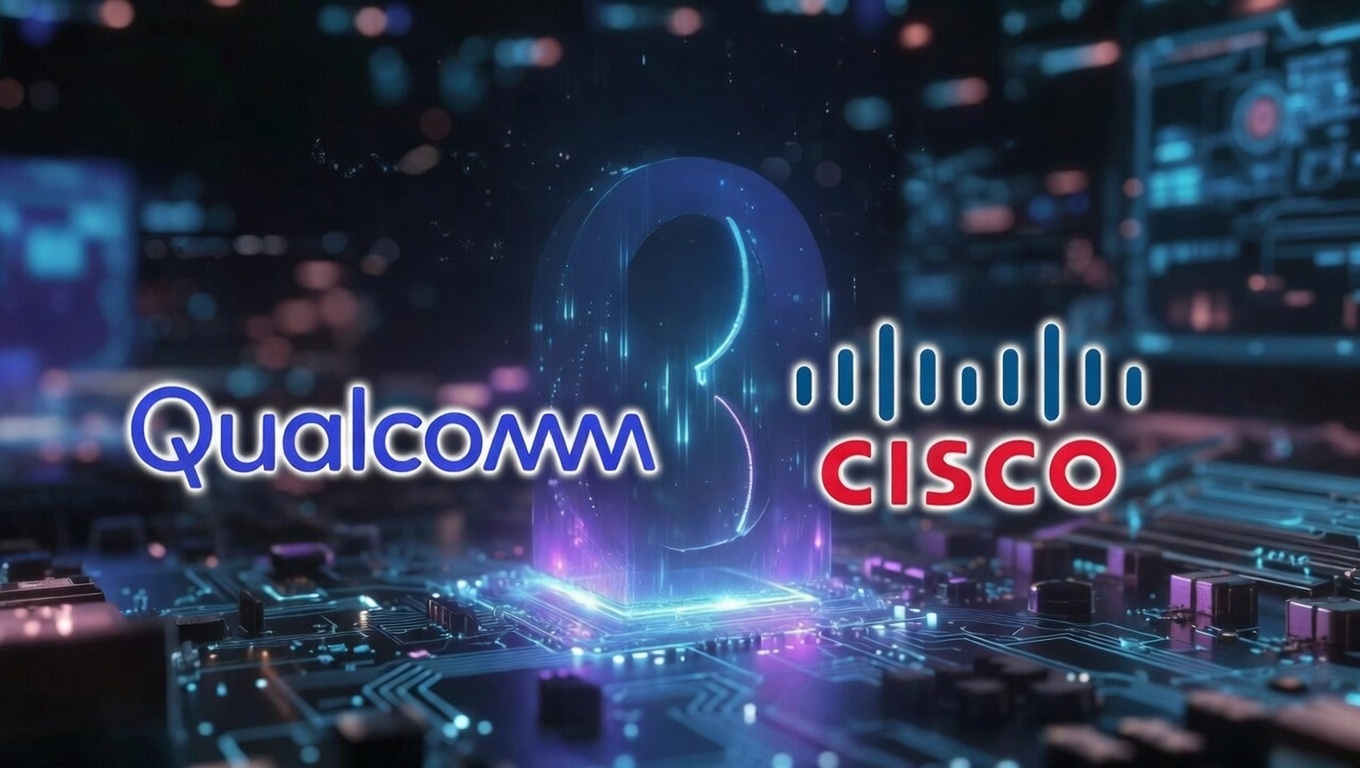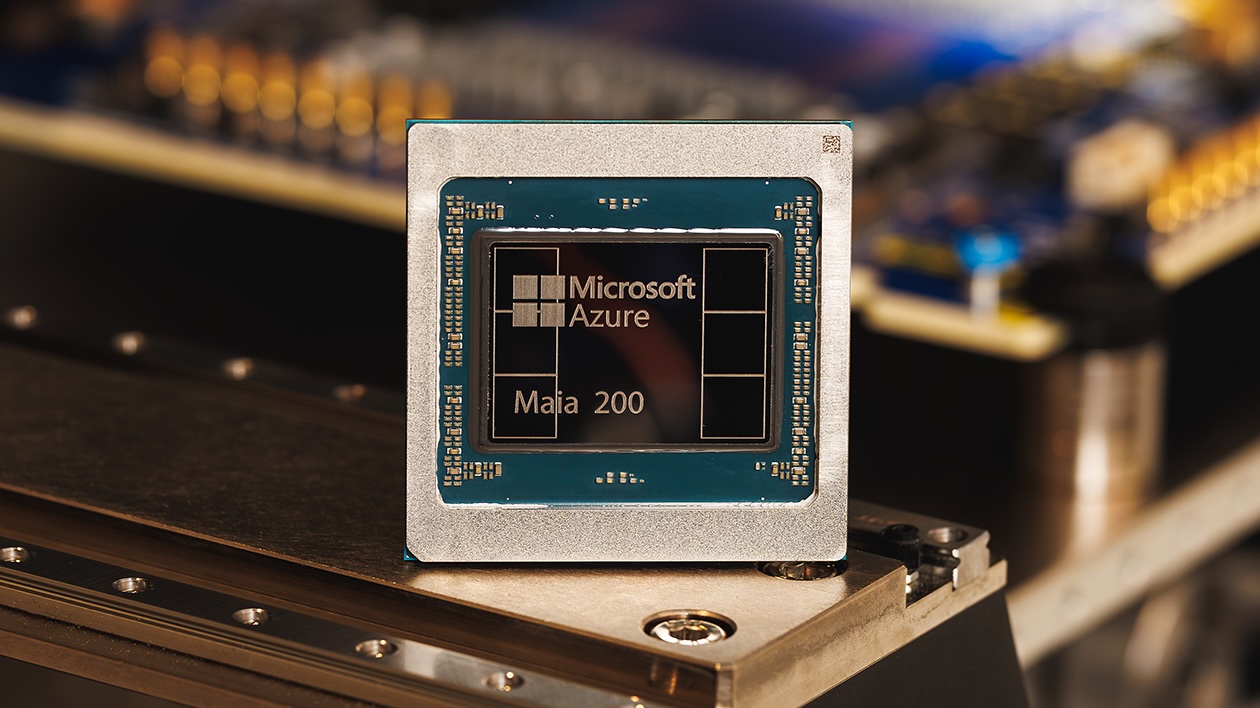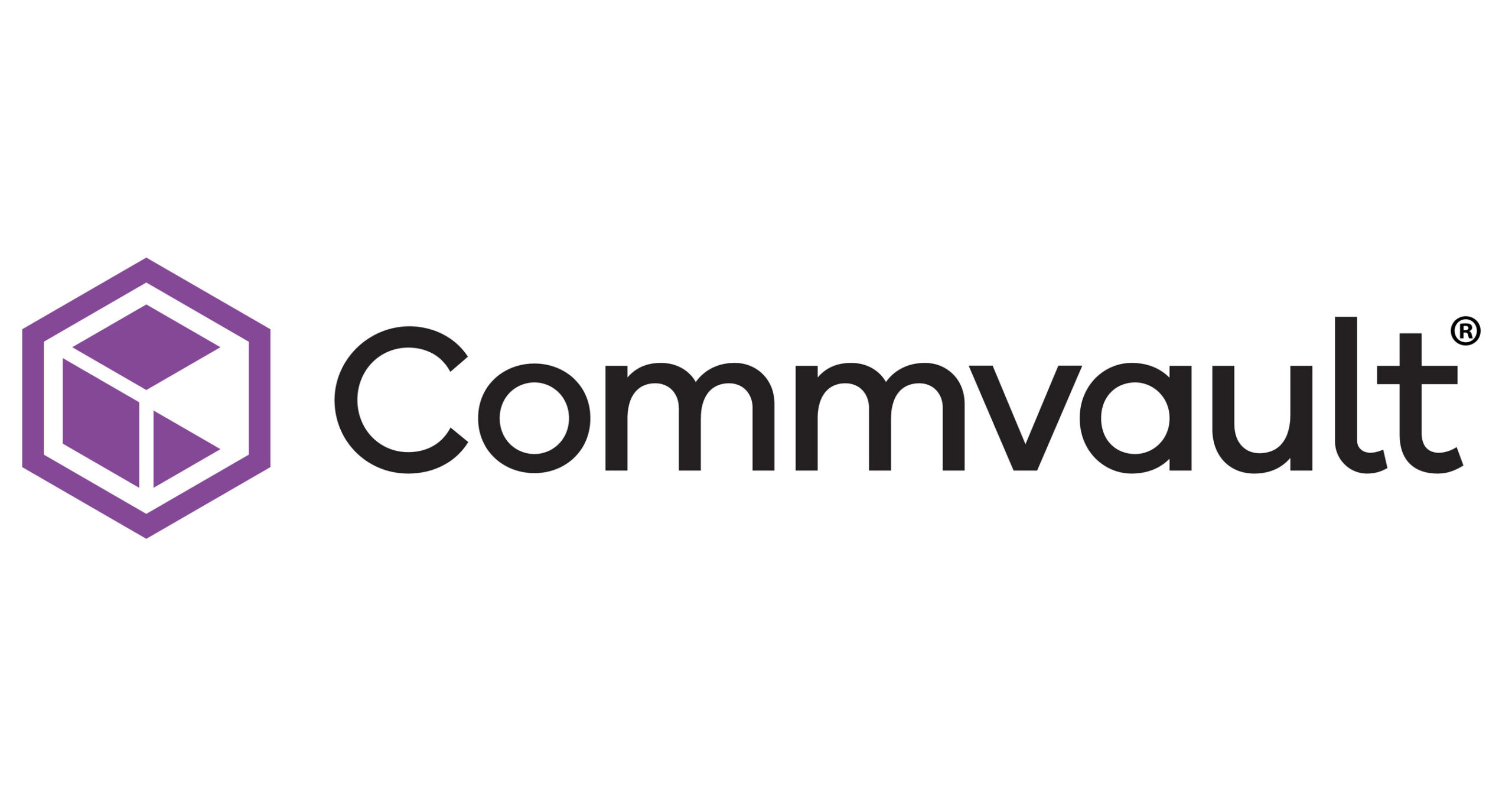Each week NAND Research puts out a newsletter for our industry customers taking a look at what’s driving the week, and what happened last week that caught our attention. Below is a excerpt from this week’s, April 6, 2025.
Driving the Week
It’s Blockchain Week in Paris, while in Las Vegas it’s all about the cloud at Google Cloud Next. Google has made a bevy of strategic bets on AI that are paying off, with its cloud on a fast path to growth. That should be a good event.
For mainframe watchers, IBM is hosting its annual Z Day. It’s nearly time for an update to those systems, so we’ll be looking for announcements around Z and IBM’s surprisingly popular LinuxONE offerings.
The spring NAB show is also happening in Las Vegas, for the content creators in our audience, where a wide range of new tools are already being announced.
It’s the calm-before-the-storm on the earnings front, with tech companies slated to start announcing next week. Enjoy the break.
Heard & Overheard
Collaborating with the Enemy? The Information is reporting that Intel and TSMC have reached a “preliminary agreement to form a joint venture” that sees TSMC taking over Intel’s fabs, with TSMC taking a 20% stake in the company.
The report goes on to acknowledge high-level resistance within each of the two companies. Reuters also reported the story, highlighting that these discussions follow less fruitful ones that Intel had with NVIDIA, AMD, and Broadcom to form a similar JV. We’re not sure where it’s all going to land, but new Intel CEO Lip-Bu Tan has clearly hit the ground running.
Skepticism from Pat, with former Intel CEO Pat Gelsinger telling the Financial Times that TSMC’s pledge to spend more than $100 million on US fabs “will do little to help the country restore its global leadership in chipmaking,” going on to say that “Unless you’re designing the next-generation transistor technology in the US, you do not have leadership in the US.”
Interconnects are all the rage, andBritish firm Alphawaves is one of the hottest plays in the space with its SerDes technology. No surprise, then, to see the company in play. It’s reported that Qualcomm is making a bid for the company, following Arm’s earlier – and now apparently abandoned – attempt to acquire it.
CyberSecurity
The flood of cyber-related announcements that always precedes the annual RSA Conference in San Francisco has begun:
Protecting the cloud: Data protection player Rubrick is releasing a strong array of new cloud-targeted cyber capabilities, including its new cloud posture risk management solution, new protection for Oracle Cloud, backup for Azure DevOps and GitHub, and it brings Rubrik Cloud Vault to AWS.
Rubrick also announced a new “strategic collaboration” with enterprise consulting giant Deloitte, following a similar arrangement with fast-rising GSI NTT DATA.
Simulating an attack response is a fantastic, and under-utilized, way to prepare for the inevitable. Commvault clearly agrees, entering into a deal with SimSpace to offer its customers a playground in which it can react and respond to simulated attacks.
More offensively, there’s a report that the country of North Korea is establishing a new hacking group, Research 227, to develop “offensive hacking technologies and programs” that target “Western cybersecurity systems and computer networks.” You’ll find us over at SimSpace, practicing our response.
Can we solve cybersecurity with AI? That’s a question Google is trying to answer with its new experimental Sec-Gemini v1 model. We expect to hear more about its capabilities at this week’s Google Cloud Next.
OpenText, the company that really organizes much of the world’s enterprise data, released its Titanium X, part of its Cloud Editions 25.2, last week. In addition to its usual array of enterprise data capabilities, it also included a new OpenText Security Cloud for cybersecurity management, “an AI-driven solution that detects, protects, and mitigates insider and identity threats.” It’s a compelling solution, especially for existing OpenText customers.
Deal Watch
Completing the deal: storage player Seagate closed its on-going acquisition of thin-film supplier Intevac.
Similarly, AMD closed its long-gestating acquisition of ZT Systems – one that we’re anxious to see pay off, as it brings some much-needed platform capabilities to the chipmaker.
Acquisitions are in the air, with data wrangling supplier Precisely (previously known as Syncsort) buys mainframe enterprise storage supplier DTS Systems for an undisclosed amount.
Meanwhile, Qualcomm is acquiring MovianAI, the generative AI division of VinAI. A key part of that deal is that it comes with VinAI CEO and former DeepMind Researcher Dr. Hung Bui. This is a strong acquisition for Qualcomm, accelerating its already fast-growing AI capabilities, particularly at the edge.
What We’re Reading
Are you getting tired of articles about the impact of AI on the world? We are, so this week we’re avoiding that entirely, looking instead at readings that help broaden our horizons (even if just a little bit):
Val Kilmer influenced a certain generation of tech-focused nerds – not just as Ice Man, the real hero in Top Gun, but who didn’t also want to be his roommate in Real Genius? Beyond these iconic roles, he was also a poet at heart. LitHub has the details, and shares of some of his poetry.
Forget the resume, it’s about your content, which is maybe why LinkedIn seems to become more like Twitter/X every day, but there can be method in the madness. The Financial Times looks into this in its piece Meet the LinkedIn Superusers:
“LinkedIn is no longer a job search platform, it’s a business networking platform… Five or ten years ago it used to be, hey we received your CV. Today it’s: we saw your content, can we book a call. It went from seeking out opportunities to opportunities coming to you.”
Lastly, we’re in a time where everyone is a “story teller,” few better than the late David Foster Waller. NoFilmSchool looks at David Foster Wallace’s 5 Rules for Great Writing, our favorite of which is “Get a Usage Dictionary.”
Companies mentioned: AMD, Arm, Broadcom, Commvault, Deloitte, DTS Systems, Google, IBM, Intel, Intevac, MovianAI, NVIDIA, NTT DATA, OpenText, Precisely, Qualcomm, Research 227, Rubrick, Seagate, SimSpace, Syncsort, TSMC, VinAI, ZT Systems





